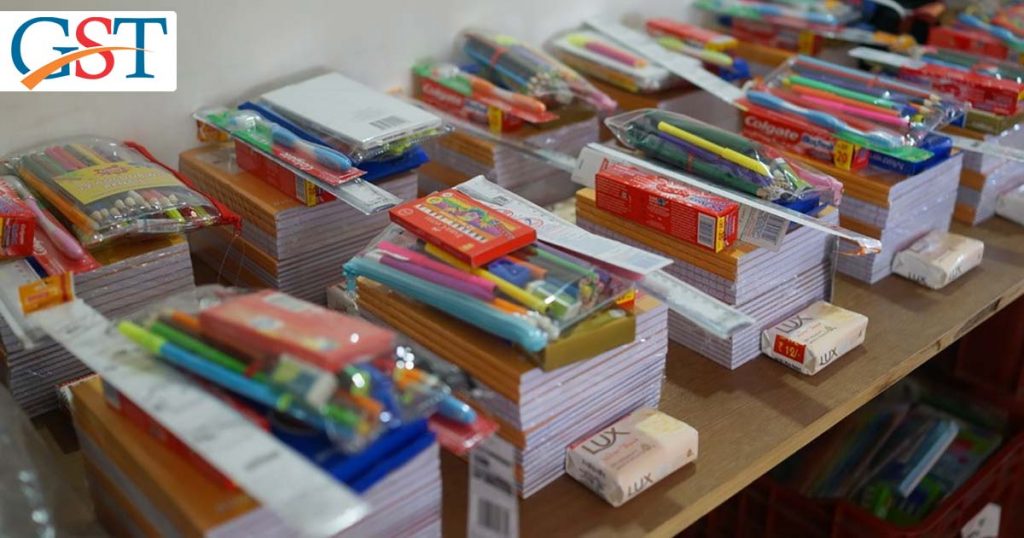
Delhi High Court by clarifying the technical difference between the exercise book with 12 per cent GST and tax-free printed books gives a sigh of relief for publishers. Reversing the verdict of Authority of Advance Ruling (AAR) the court neglects the decision of putting books with space for answering questions and other practise modules in the category of exercise books with 12% GST.
High Court Clarifies the Difference:
Justice S Muralidhar and Justice Rekha Palli, on the petition filed by a publisher of Hindi book named Sarita Sulekh, included in the syllabus of students from first to fifth grades, admitted that Exercise Books can be said to those books only in which students have to duplicate the text of the given text in the given blank space and their appearance is in such a way of notebooks. But where the answers of the given questions have to be written on their behalf, which can be evaluated by teachers, such books should be kept in the category of zero-rated printed books.
Read Also: Sale of Religious Booklets, CD’s and Magazines Liable for GST, says AAR
On what, How Much GST?
Under the GST Act, all types of printed books have been tax-free, while 12% of GST has been fixed while putting graph books, laboratory books and notebooks in the category of Exercise Books. The publisher had earlier filed a petition in AAR and had asked for clarification on the basis that the book was called Exercise Books, there is space to write in it, which is in a way for work practise and exercise.
Definition: Work Book and Exercise Book
The High Court has clarified that the Exercise Books are those, which have printed text and empty lines. There the text has to be accurately written by a hand. Generally, these books are printed for the study of letter learning or handwriting of the small children. But where to write the answers to the given questions or to write a creative text on their behalf, they can be called a workbook, but not as a tax perspective, Exercise Books.
Recommended: Who is Liable to Pay 12% Royalties on Books Under GST?
Relief to Publishers
Although the decision of the court has given relief to the publishers, the experts say that this can strengthen the sale of books in schools and the spread of a kind of business. Generally, schools give books on their behalf for small classes, for which they have been tied up with publishers every year. Being taxable of many books or notebooks, publishers are under pressure to comply with tax compliance, from which they avoid arbitrary MRP.